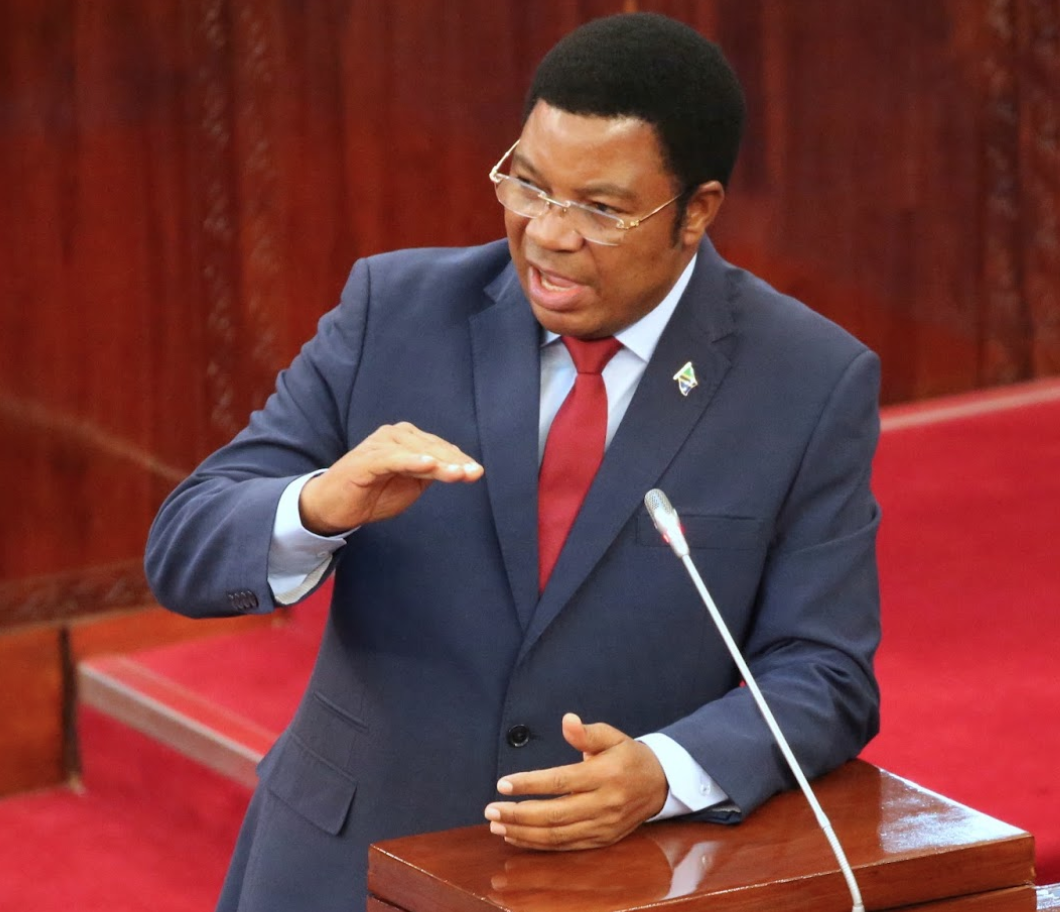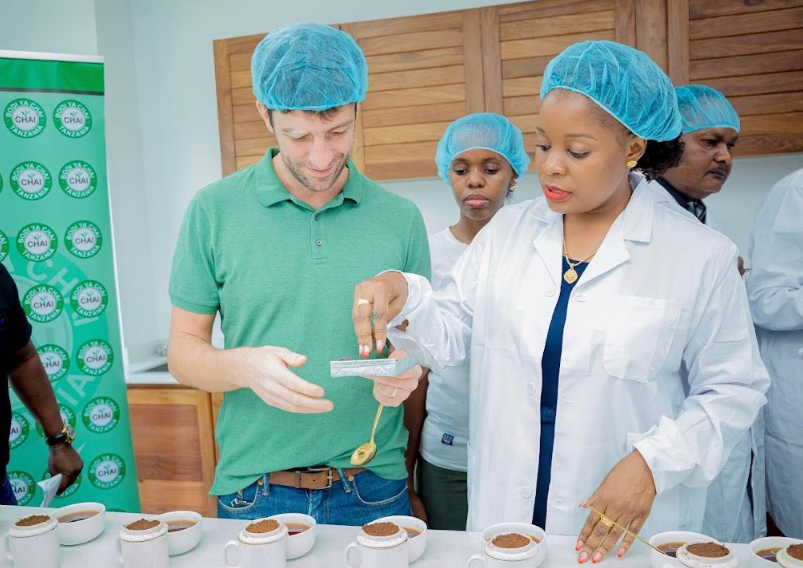The Fusion of Fashion and Agriculture: A Path to Sustainability and Identity
In Tanzania, a country where agriculture forms the backbone of the economy, fashion is not often the first thing that comes to mind. Yet, the intersection of fashion and agriculture presents a unique opportunity to redefine sustainability, cultural identity, and economic development. This opinion By Lucy Sebastian for KilimoKwanza.org explores the untapped potential of integrating fashion with Tanzania’s agricultural sector, highlighting how this fusion can not only elevate the profile of Tanzanian culture globally but also contribute to sustainable farming practices and economic empowerment.
Sustainable Fashion: A New Narrative for Tanzanian Agriculture
The global fashion industry is at a crossroads, facing criticism for its environmental impact and the unsustainable practices that have characterized its rapid growth. Tanzania, with its rich agricultural heritage, stands in a unique position to contribute to the narrative of sustainable fashion. By harnessing organic cotton, sisal, and natural dyes produced from local crops, Tanzania can offer the world a model of fashion that’s not only environmentally friendly but also deeply rooted in sustainable agricultural practices. This approach not only reduces the environmental footprint of fashion but also boosts demand for organic crops, encouraging farmers to adopt more sustainable farming methods.
Cultural Identity on the Global Stage
Tanzania’s diverse cultures, each with its unique textiles and designs, offer a rich palette for the fashion world. By integrating traditional Tanzanian motifs and fabrics into contemporary fashion, designers can create a global identity for Tanzanian fashion. This fusion serves as a bridge, bringing the richness of Tanzanian culture to the global fashion stage while preserving cultural heritage. It’s a statement of identity and pride, showcasing the creativity and heritage of Tanzania’s people. Such initiatives can also promote cultural tourism, further diversifying the country’s economy.
Economic Empowerment Through Fashion
The integration of agriculture and fashion opens up new avenues for economic empowerment, particularly for rural communities and women who play a significant role in both sectors. By creating a value chain that links small-scale farmers directly to the fashion industry, we can ensure that the benefits of this fusion are felt at the grassroots level. This includes not just the farmers who grow the crops but also the artisans and craftspeople who transform these raw materials into fashionable items. Empowering these communities can lead to a reduction in poverty, as well as foster entrepreneurship and innovation.
Challenges and Opportunities
While the potential is vast, there are challenges to integrating fashion with agriculture in Tanzania. These include the need for investment in skills training, infrastructure to support the value chain, and marketing strategies to promote Tanzanian fashion on the global stage. However, these challenges also present opportunities for public-private partnerships, investment in rural development, and the use of technology to bridge gaps in the value chain.
As we stand at the intersection of agriculture and fashion, it’s clear that the path forward is one of collaboration and innovation. We call upon designers, farmers, policymakers, and entrepreneurs to embrace this fusion, recognizing the potential for sustainable development, cultural preservation, and economic empowerment. By investing in the infrastructure, education, and marketing needed to support this integration, Tanzania can carve out a niche for itself in the global fashion industry, one that is uniquely sustainable, culturally rich, and economically empowering.
The journey ahead is undoubtedly challenging, but the rewards are too significant to ignore. By weaving together the threads of agriculture and fashion, Tanzania can craft a future that honors its heritage while embracing sustainability and innovation. This is a vision for a Tanzania where fashion and agriculture coexist in harmony, driving economic development and showcasing the unique beauty of Tanzanian culture to the world.


